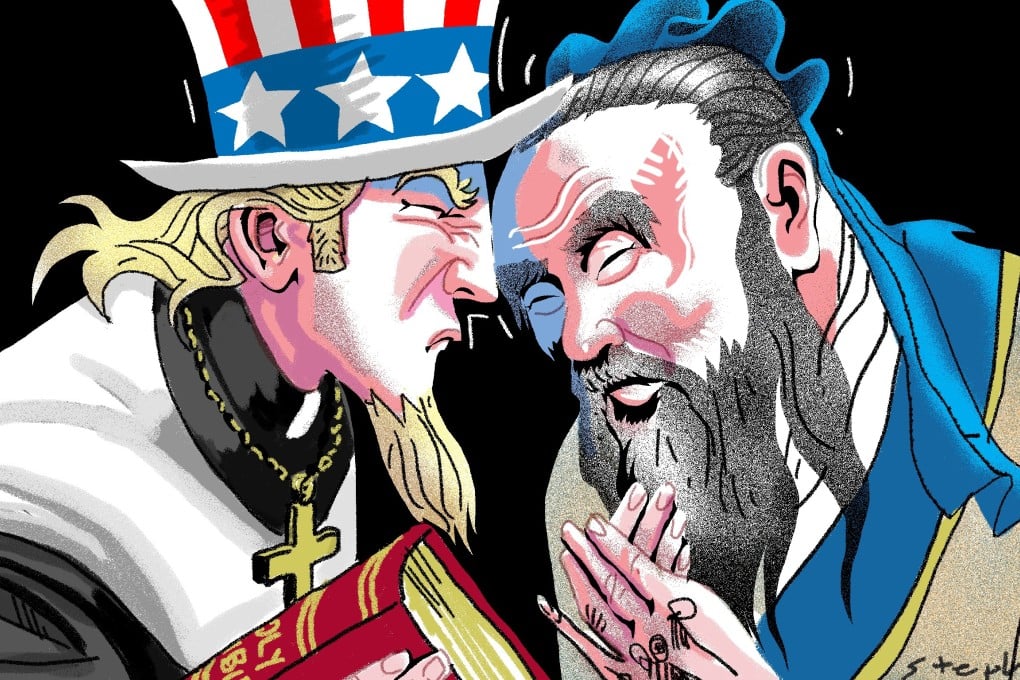Opinion | Are Confucian China and the Christian West destined to clash? How religion can explain the new cold war
- Peter T. C. Chang says China’s Confucian heritage means it can tolerate multiple belief systems ‘under heaven’, but the US’ insistence on liberal democracy has echoes of Christian exclusivism

And unlike earlier great-power rivalries, this has the trappings of a civilisational showdown, as the pre-eminent Christian West faces off against a resurgent Confucian East, with potentially far-reaching consequences for the existing global order.
These fears are not unfounded. While similar in some ways, Christianity and Confucianism are distinct traditions, with theological assumptions that, if unchallenged, could set the US and China on a collision course.
Christianity, like Judaism, believes in the existence of only one true God. But, unlike the latter, the former transcended Judaic ethnocentrism to embrace Christian universalism. The Abrahamic god in Christianity is no longer just for the Jews, but for all peoples.
Still, Christianity remains monotheistic, exacting absolute allegiance to the one God. For Christians, to be saved one must embrace the biblical faith. Put differently, humanity’s fate lies with Christianity, the sole gateway to heaven.
